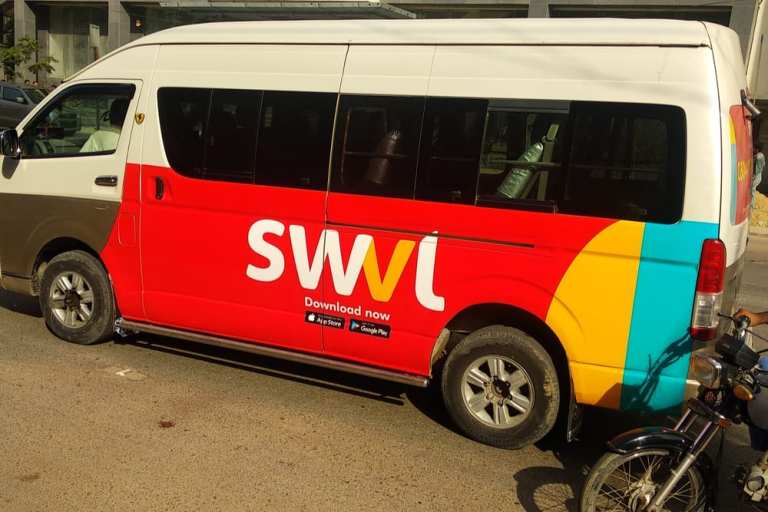
Egyptian mobility startup Swvl will be expanding into the Philippines, Indonesia and Bangladesh by the end of 2020.
Launched in Egypt in 2017, Swvl operates buses along fixed routes, with customers able to book and pay for fixed-rate rides using the startup’s app. The company claims that its service is 30 percent to 40 percent cheaper than using a car, and has raised $80 million in funding to date.
“By the end of next year, we want to be in more cities — a city is a market for us. We are planning to open in Manila, Jakarta and Dhaka,” said Shahzeb Memon, general manager for Pakistan, according to Reuters.
Over the summer, Swvl launched in Pakistan, offering its services in the cities of Karachi and Lahore, as well as the twin cities of Islamabad and Rawalpindi. Memon revealed that the company will invest $25 million in the country to create 10,000 jobs, and is aiming to attract half a million customers by 2021.
However, it hasn’t been a smooth ride for the company in Pakistan. Last week, a provincial government in the country issued notices to the startup, accusing it of operating without route permits, as well as no-objection certificates. Swvl Pakistan defended itself by noting that it has always complied with local laws, and will continue to do so.
Swvl isn’t the only mobility company focusing on public transportation. Earlier this year, ridesharing giant Uber added real-time info on London’s Underground to its app, as well as bus, overground, river boat, shuttle and train information.
“With 3.5 million Londoners relying on Uber, we [recognize] the important responsibilities that come with being a good partner to this great global city. We share many of the same goals as the cities that we serve, and are committed to addressing the same challenges: reducing individual car ownership, expanding transportation access and tackling air pollution,” said David Reich, Uber’s head of transit, at the time.